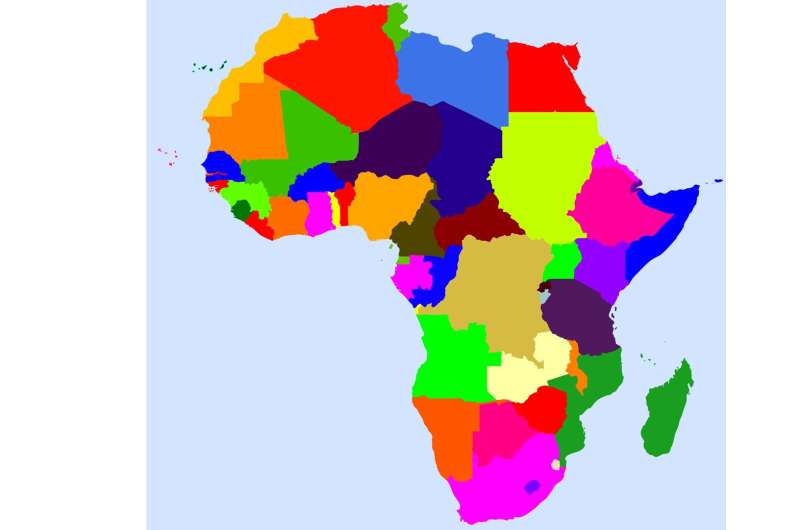This article has been reviewed according to Science X's editorial process and policies. Editors have highlighted the following attributes while ensuring the content's credibility:
fact-checked
trusted source
proofread
Improving the research environment in the Horn of Africa

Researchers have published a study detailing the measures needed to improve One Health research in the Horn of Africa for the benefit of people, livestock and the environment.
The COVID-19 pandemic brought the importance of One Health—an approach calling for the collaborative efforts of multiple disciplines working locally, nationally, and globally, to attain optimal health for people, animals and our environment—into sharp focus.
In low-and-middle-income countries, many people live near livestock. Rural livelihoods need improvement, however livestock-sector growth needs careful management and One Health approaches which balance positive aspects of livestock ownership against harmful impacts.
The researchers surveyed higher education and research institute Units in Horn of Africa, to quantify baseline estimates for One Health research, understand characteristics, and risk factors for its usage.
The survey results show that:
- Environment is neglected in One Health research due to an imbalance of researcher skill-sets and human-centric, fund-seeking motivations.
- National reports need greater promotion to maximize their research impact.
- Local policy-makers need greater One Health advocacy to develop the most appropriate interventions.
- Horn of Africa research units suffer short-term laboratory planning and maintenance issues.
Professor Matthew Baylis, Executive Dean of the Institute of Infection, Veterinary and Ecological Sciences at the University of Liverpool said, "While the importance of One Health in the Horn of Africa is well recognized, this study highlights that few research environments in the region are conducive to it. In particular, research capacity in the environment health domain is often lacking where it is present in human and animal health domains."
"This has resulted from previous biases towards certain research activities; surveillance and monitoring, and development of new products. It's now vital to give equal consideration to the environment surrounding implementation work in low-and middle-income settings and policy development."
Dr. Marie Mcintyre, Fellow in Translational Food Safety at the University of Newcastle said, "Our work suggests that in the Horn region, collaboration between academia and government happens but does not always translate through government hierarchies during policy-development, and it may be driven by international organizations as opposed to local organizations, despite national-level buy-in."
"These results should be fully utilized in future research planning, and collaborative platforms and institutions must focus on engaging with civil society, generating political support across government hierarchies and aiding adaptation of interventions to local contexts. Future work must better account for and consider interventions to balance environment impacts, creating the most appropriate, strengthened global health outcomes."
The findings are published in the journal One Health.
More information: K. Marie McIntyre et al, Capacity for One Health research in the Horn of Africa, One Health (2023). DOI: 10.1016/j.onehlt.2023.100549





















